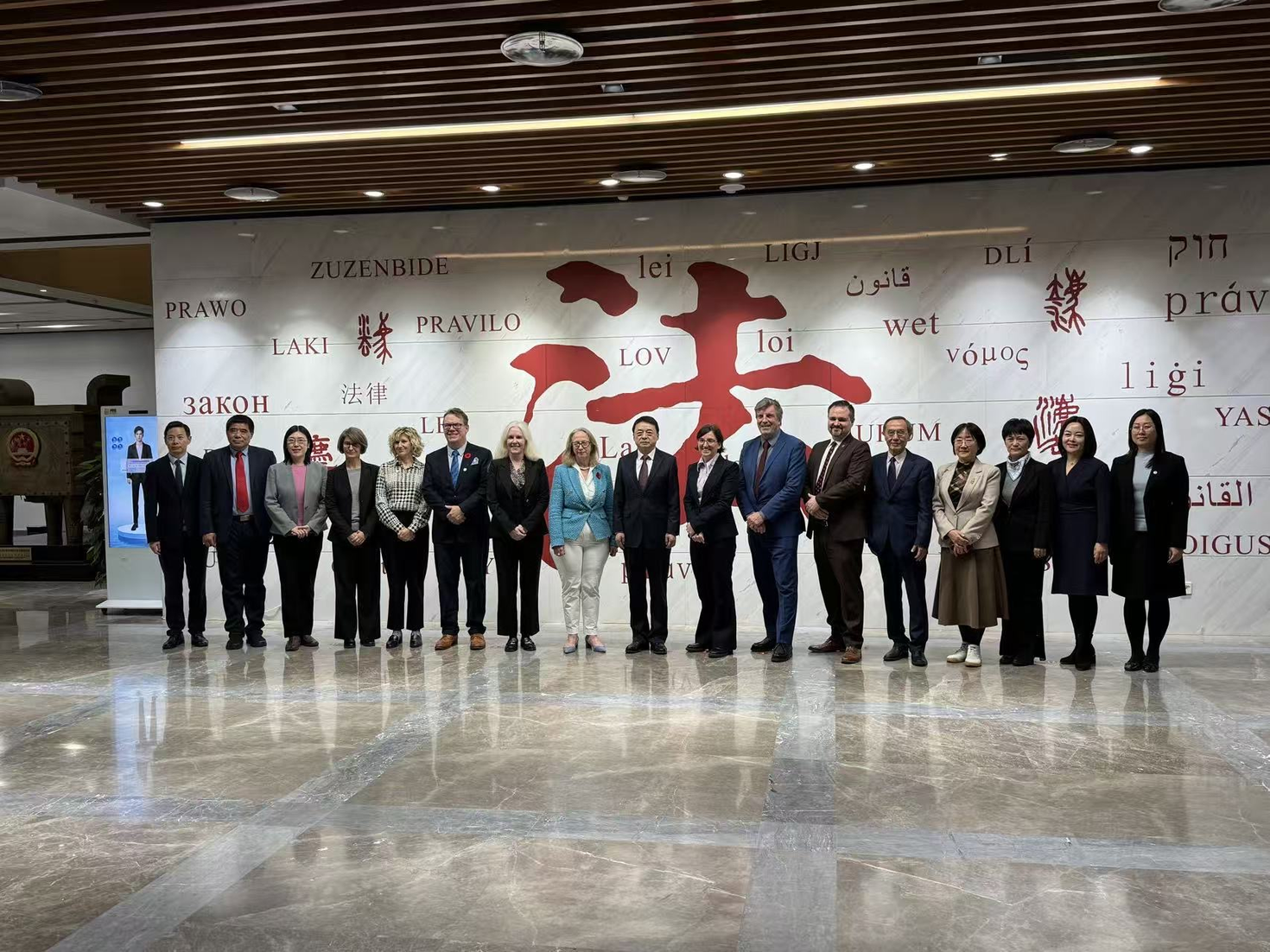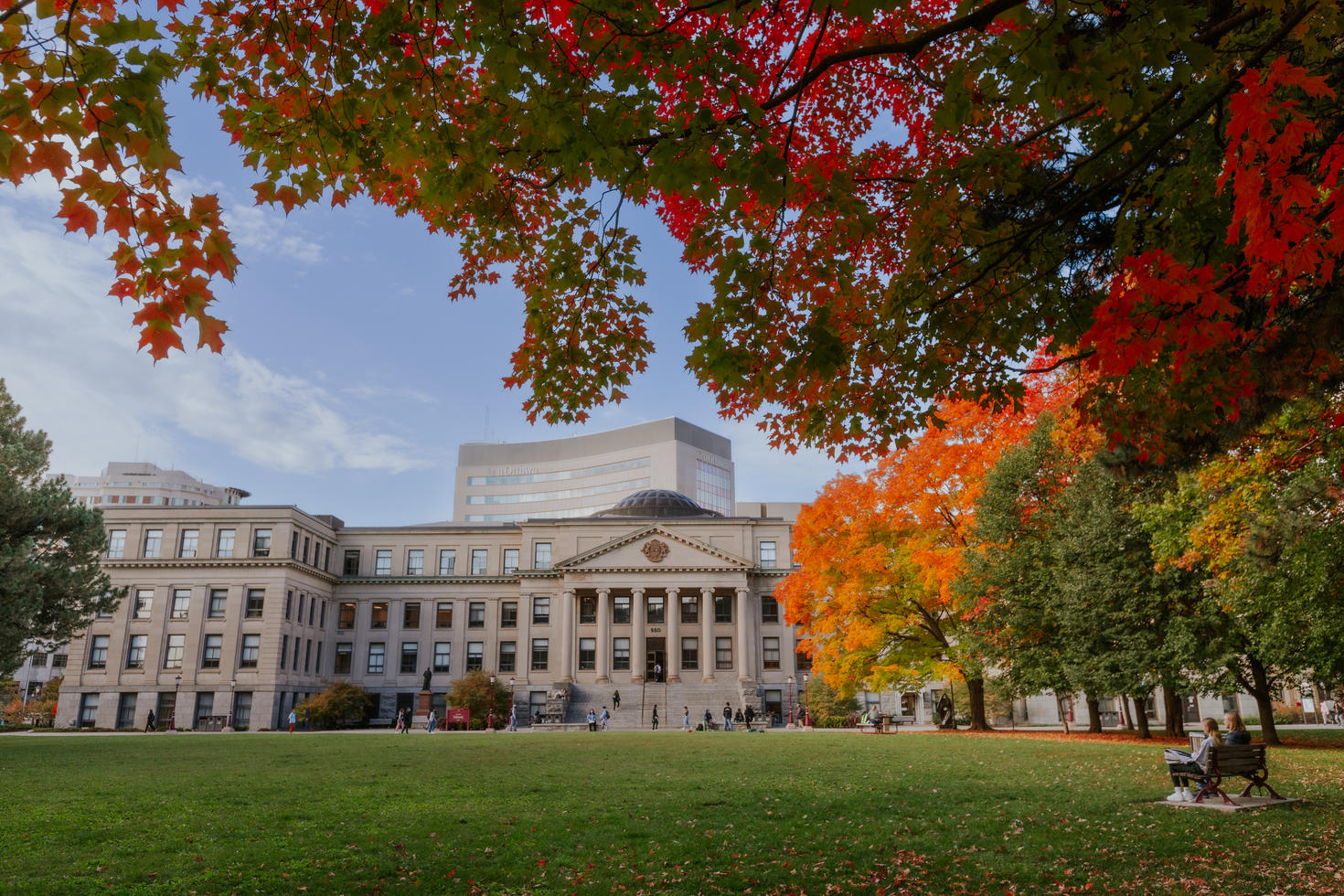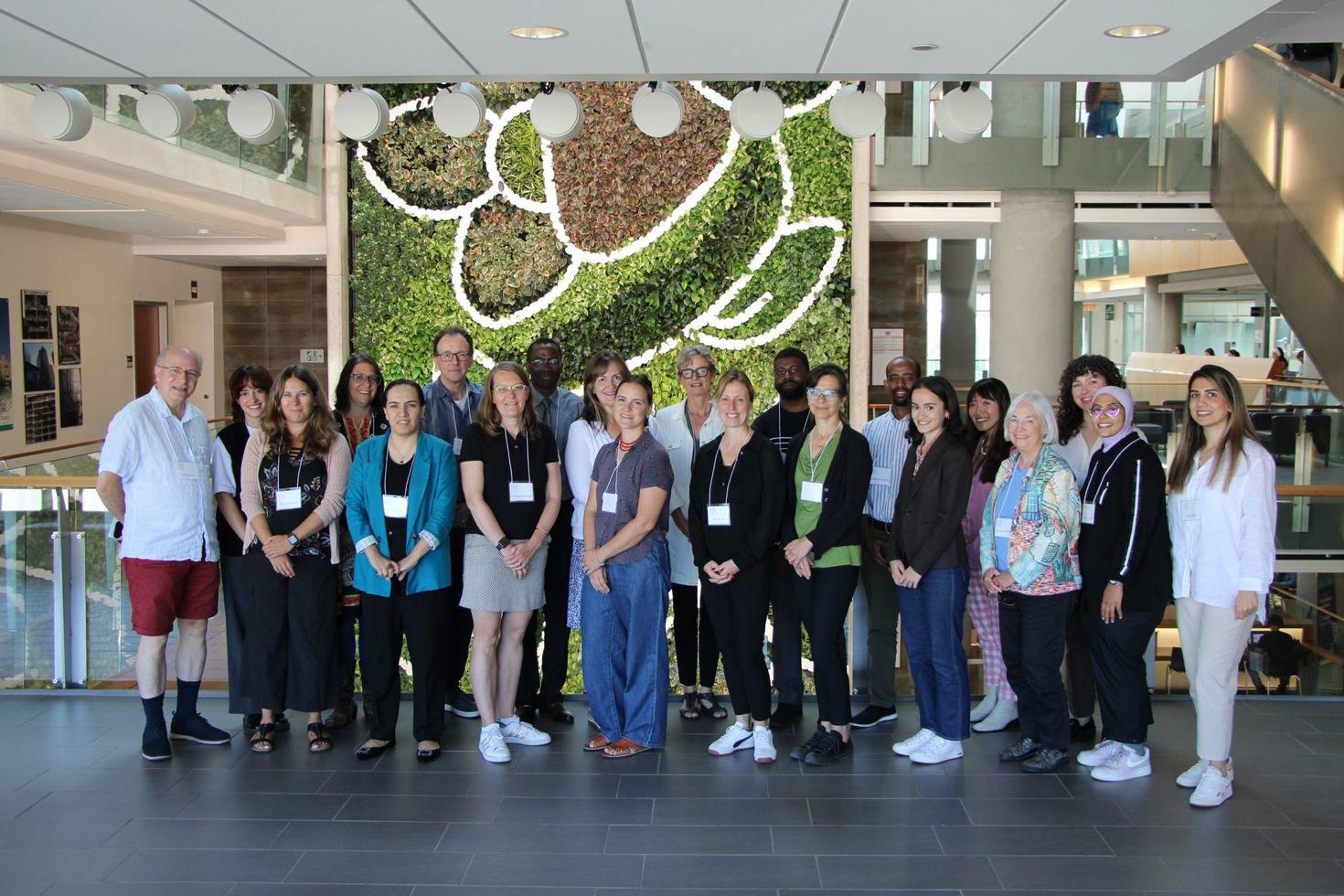The University took a major step forward during a recent mission to China led by President Marie-Eve Sylvestre, where representatives visited new and current partners from among that country’s most prestigious universities, including Tsinghua University (17th in QS rankings*), Shanghai Jiao Tong University (47th in QS), Zhejiang University (49th in QS), and China University of Political Science and Law (#1 law school in China).
The visit also saw Sylvestre deliver a keynote address at the prestigious World University Presidents Forum (WUPF).
These international collaborations — on dual-degree programs, student mobility, and more — reflect the strength of the University’s teaching and research, the momentum uOttawa has built with Chinese partners and the value of uOttawa’s bilingual, inclusive approach to higher education. They also build on years of academic exchanges and deepening co-operation between the University and leading institutions across China.
“This is a watershed moment for the University of Ottawa,” said Sylvestre. "Our deepening relationships with the most prestigious universities in China further affirm the world class quality of our research and the value of our commitment to international collaboration. What we’ve achieved this week establishes uOttawa’s status as a research and education gateway to the world.”
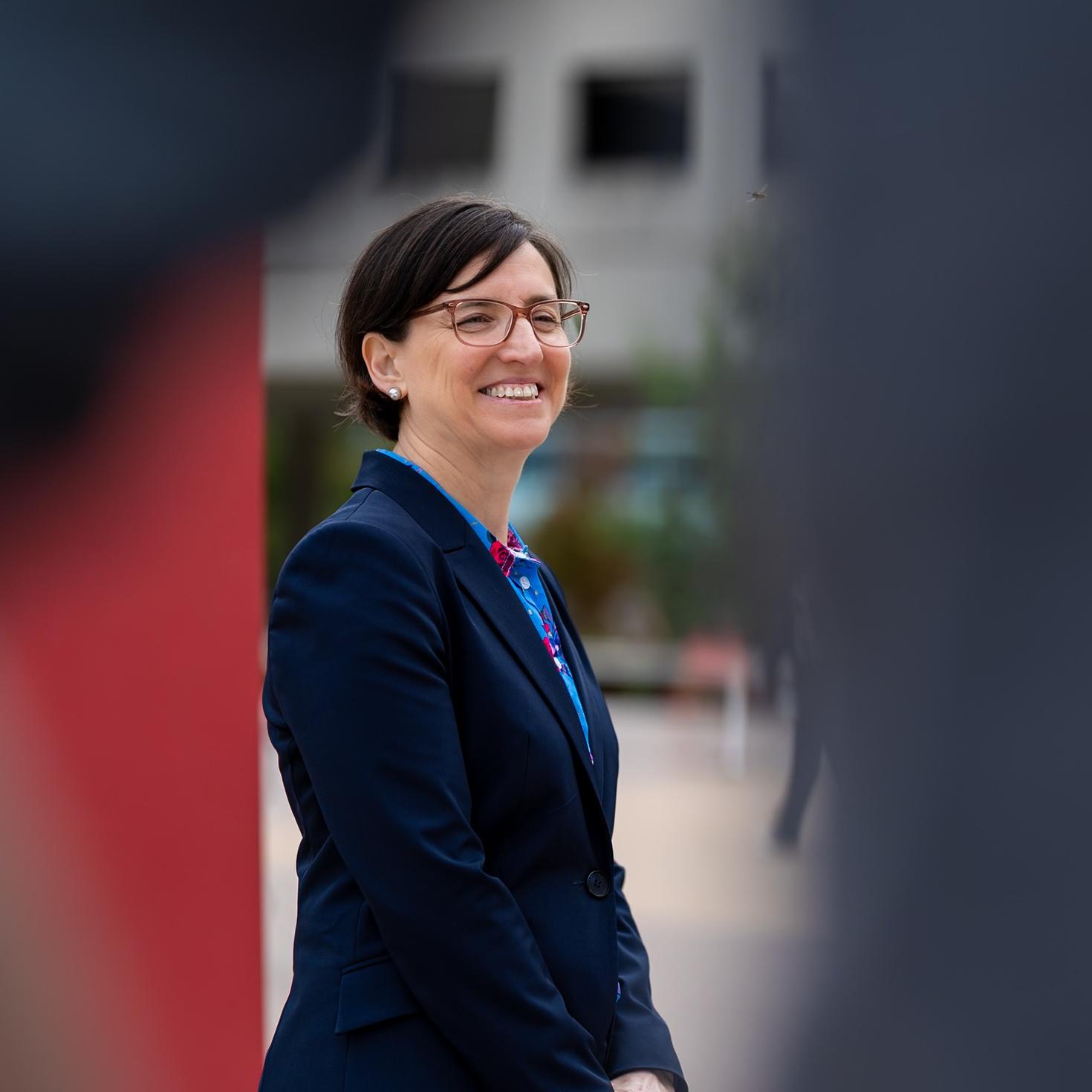
“What we’ve achieved this week establishes uOttawa’s status as a research and education gateway to the world.”
Marie-Eve Sylvestre
— President and Vice-Chancellor, uOttawa
Partnering with world-leading universities
Sylvestre’s visit expanded uOttawa’s collaboration and reinforced its standing as a trusted academic partner with Chinese institutions. The Faculty of Medicine’s partnership with Shanghai Jiao Tong University and Renji Hospital — which contributed to bringing a first primary care clinical program to China — has served as a model of enduring co-operation, demonstrating the uOttawa’s ability to build long-term, cross-disciplinary relationships that benefit both students and researchers, and the broader community.
Other faculties, including Arts, Law and the Telfer School of Management, are also deepening connections with Chinese counterparts to promote bilingual education, experiential learning and joint research initiatives.
The most comprehensive of these new collaborations is with the China University of Political Science and Law (CUPL).
An agreement calls for the creation of a joint institute in Hainan and the delivery of three dual-degree programs abroad (sometimes referred to as 4+0 model): a master’s in law, a bachelor’s in commerce and a bachelor’s in English. Under this model, uOttawa professors will teach courses directly on the CUPL campus, and students will graduate with degrees from both universities. Canada’s ambassador to China, Jennifer May, attended the signing ceremony, reflecting the initiative’s academic and diplomatic importance.
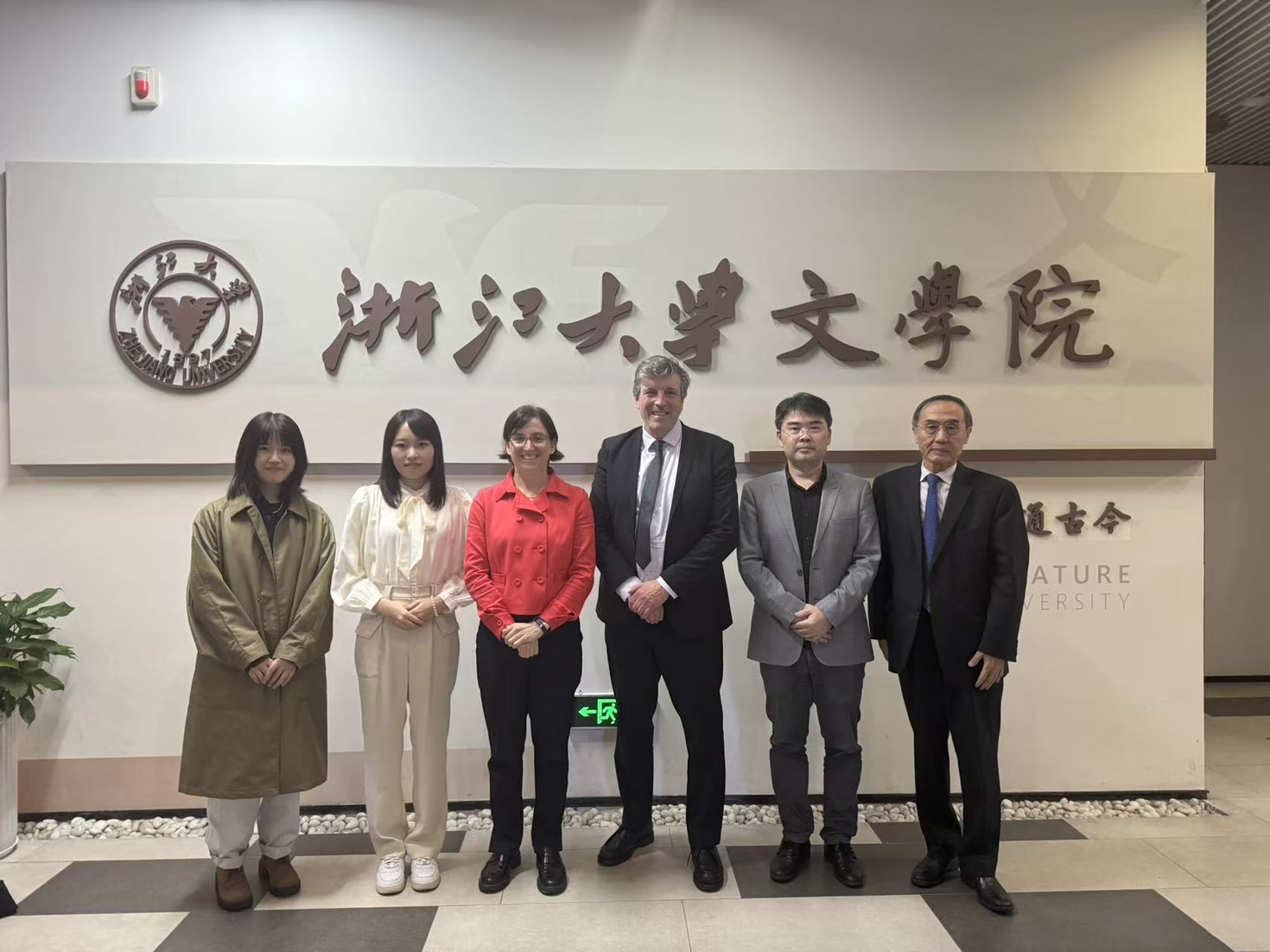
New agreements with Tsinghua University and Zhejiang University will foster joint research projects, faculty exchanges and student mobility programs. These collaborations will also explore opportunities for dual-degree programs abroad and emerging fields such as digital transformation and innovation policy.
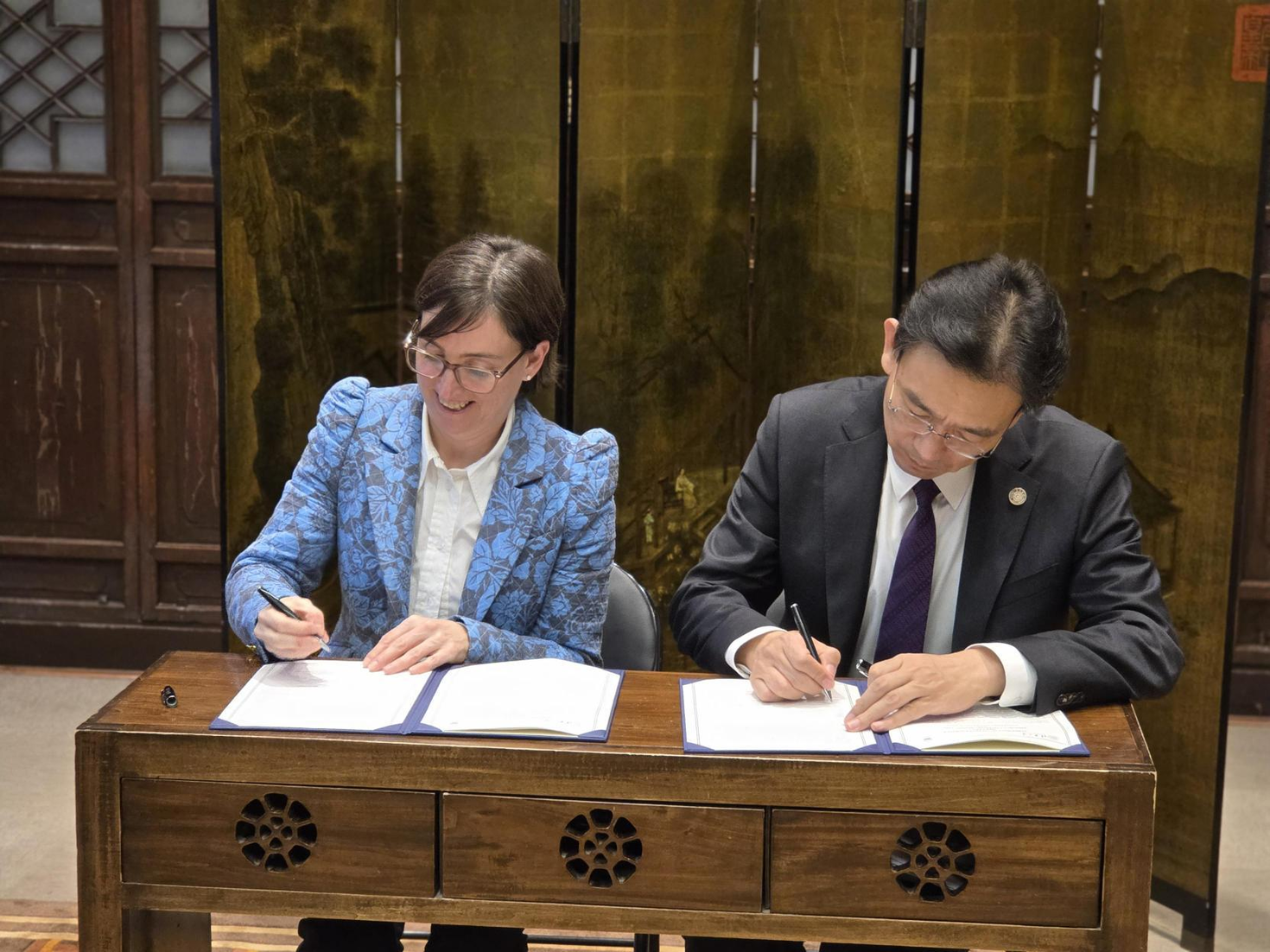
The University of Ottawa also signed three new letters of intent and co-operation agreements and renewed an existing partnership.
As well, the University reaffirmed its long-standing partnership with Shanghai Jiao Tong University, which created a School of Medicine. In 2024, the two institutions celebrated the 10th anniversary of their collaboration, which has included joint summer schools, research exchanges and academic training programs. The renewed agreement confirms both universities’ commitment to advancing interdisciplinary research and medical education.
Built on years of dialogue and shared vision
These partnerships build on years of scientific diplomacy and academic dialogue between uOttawa and its Chinese counterparts.
“Our faculties’ ongoing relationships with their Chinese peers reflect a shared belief in the value of innovation, student mobility and collaboration as foundations for strong academic ecosystems,” said uOttawa Associate Vice-President Patrice Corriveau.
The mission also included participation in the World University Presidents Forum, an invitation-only event organized by the Chinese Ministry of Education and supported by UNESCO. Sylvestre delivered a keynote presentation titled “Crossing Borders and Disciplines, Building Futures: AI and the Role of Higher Education,” addressing global academic leaders on how technology can foster inclusion and strengthen connections within higher education.
Sylvestre’s message — grounded in uOttawa’s inclusive, bilingual identity — underscored the University’s role as a thought leader on equity and digital transformation in academia and emphasized the key role of the arts, humanities and social sciences in teaching the core competencies needed in the digital age.
A growing global community
The visit concluded with an alumni gathering in Beijing, hosted by Sylvestre and attended by uOttawa’s China alumni ambassador, Rose Wang (Dipl ’02). Bringing together graduates active in education, business and innovation across China, the event celebrated the University’s expanding international network and the lasting impact of its global community.
Through these current and emerging partnerships, the University of Ottawa continues to extend its reach globally while remaining true to its defining strengths: excellence, openness and bilingualism.
“Our partnerships abroad allow us to share our strengths and learn from others,” said Sylvestre. “They are built on respect and a shared belief in the power of education to bring people together.”
*The QS World University Rankings compare over 1,500 universities and 15,700 academic programmes spanning 104 locations. They’re the most widely-read rankings in the world, and the only rankings to spotlight employability and sustainability, reflecting the growing demand for visible, real-world impact. Rankings shown are from the QS World University Rankings 2026: Top global universities.
